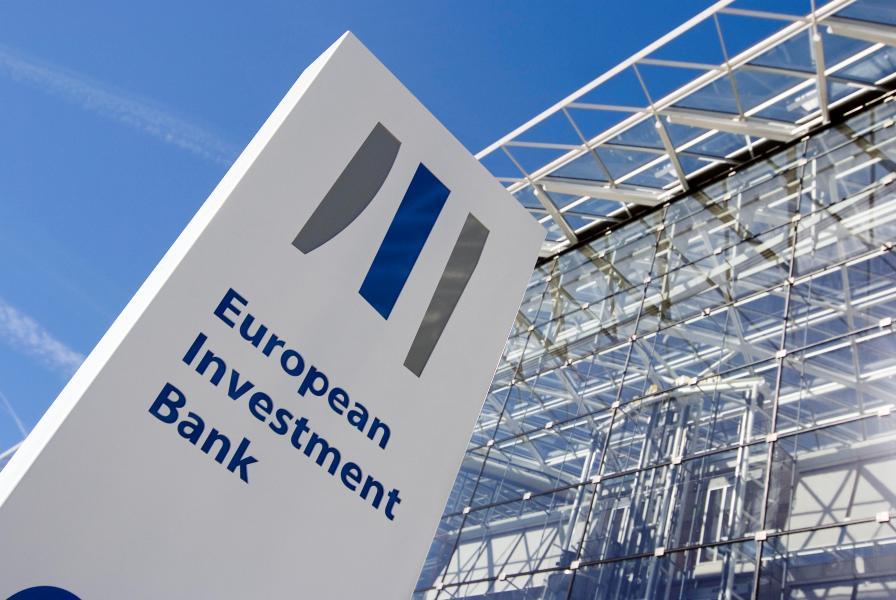A study of green and smart investments to boost economic resilience amid the COVID-19 slowdown showed that just over half of Cypriot enterprises cut back on investments last year.
The survey of 180 firms, presented at a conference hosted by the Chamber of Commerce and Industry and the European Investment Bank, found that the pandemic has hit investment in Cyprus, and the outlook remains uncertain.
The outbreak and its impact on business and the labour force have affected firms’ investment strategies, with more than half (51%) investing less than planned, above the EU average of 45%, according to the 2020 EIB Investment Survey (EIBIS) for Cyprus.
Around three in ten (29%) firms with investment plans for the current financial year plan to abandon or delay their investments due to COVID-19, a share slightly below the EU average of 35%.
According to the surveyed firms, the pandemic is expected to have a long-term impact on how they operate, mainly through the increased use of digital technologies.
“Last year, the EIB stepped up support for energy transition and telecom investment in Cyprus.
“We are ready to provide more targeted financial and technical support for green and smart investment,” said Lilyana Pavlova, the EIB’s Vice President responsible for Cyprus.
Pavlova told the audience of business leaders, economists, and public sector partners, including Finance Minister Constantinos Petrides and Central Bank Governor Constantinos Herodotou, that the survey identified current investment challenges and priorities for future investment.
“Today’s discussions show the shared commitment of public and private partners to strengthen green and smart investment in Cyprus and enhance economic resilience to COVID-19.”
The proportion of Cyprus firms citing long-term barriers to their investment activities is much higher than the EU average on almost every measure.
Energy costs, uncertainty and availability of skills remain the principal barriers to long-term investment cited by local firms.
Availability of skilled staff is also perceived as a barrier, up eight percentage points from the previous EIBIS 2019 survey.
On the other hand, availability of finance is now perceived much less of a barrier than in the 2019 survey, but remains well above the EU average, said EIB’s Head of Economic Studies Pedro de Lima.
Compared to their EU peers, Cyprus’ weakness includes investment in digitalisation and innovation as around one-third of Cypriot firms (below the EU average) claim to have developed or introduced new products, processes, or services as part of their investment activities.
Just over half of all firms in Cyprus, below the EU average, have already invested or plan to invest in the next three years to tackle the impact of weather events and reduce carbon emissions.
The discussion also focused on the cyclical and structural dynamics behind investment and investment financing in Europe, facilitating an in-depth understanding of each EU economy’s investment situation.










